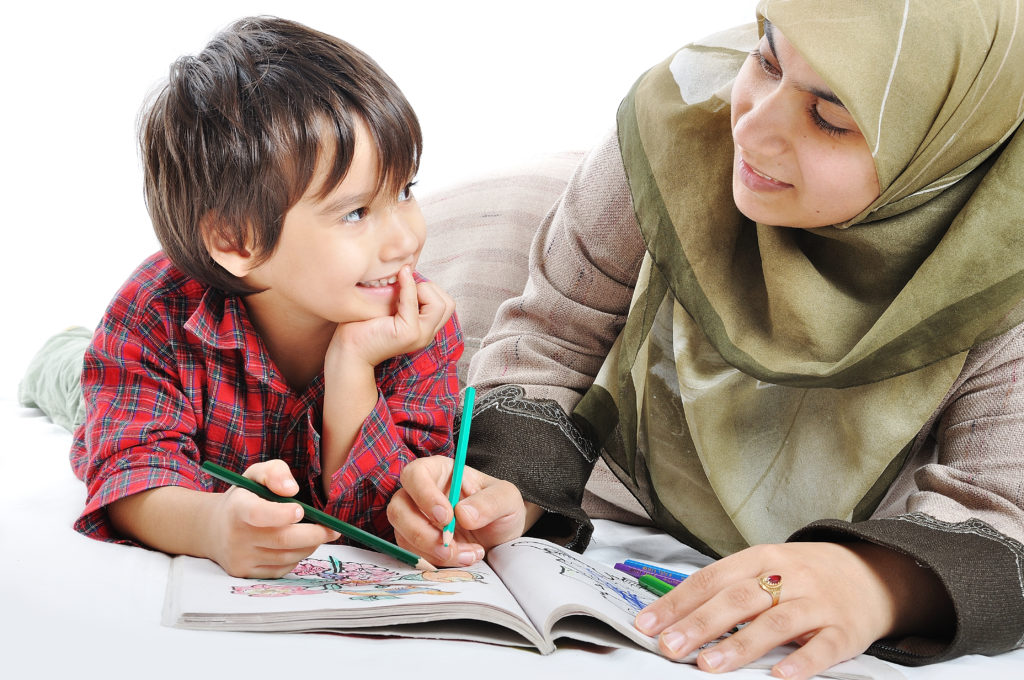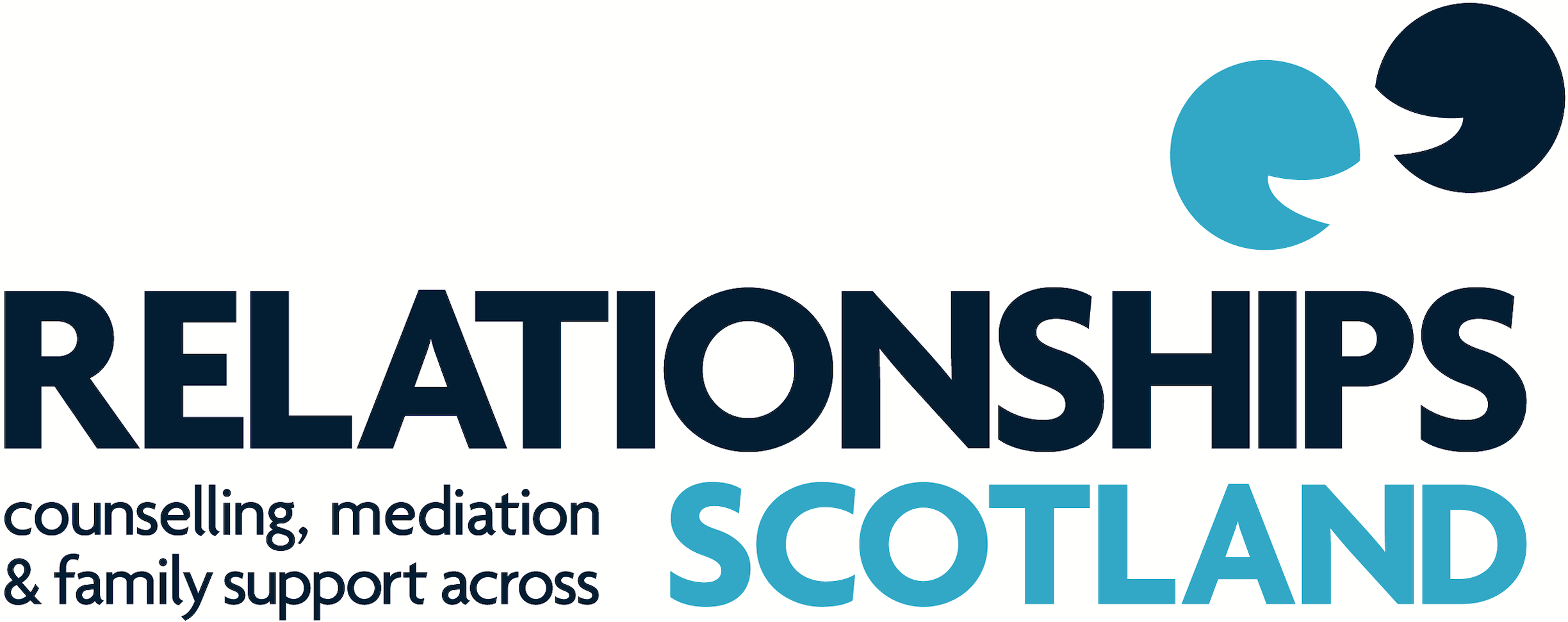
Listening to Children’s Views about the Separation
Parents can often find it difficult to talk with their children about separation, or to listen to their children’s views about changes in the family. When children and young people don’t know what is happening, they can sometimes think that the separation or changes are their fault, or they might worry that the separation will change how their parent feels about them. During and after separation, it is important to understand what your children are thinking or feeling about family changes. This understanding can help you think about the arrangements for your children and make decisions that consider their needs and views.
Go to this link to read about listening to your children when you are working out what to do after a decision to split up.
In order to understand what your children are thinking or feeling, listen carefully. This might seem simple but it can actually be one of the hardest things to do, particularly when life is busy or you are struggling with your own emotions.
• Set aside time to listen to your children. If you have more than one child try to make time to listen to them separately – they may have very different views.
• Try to give your children your full attention when you are listening, it’s easy to get distracted!
• Try to listen to your children without interrupting, give them time to speak.
• Ask questions to confirm that you understand what your children have said.
• Support their feelings by repeating back what you heard your children say, even if you don’t agree with them.
• Your children’s feelings about the separation may be different from your own, so try not to let your own feelings influence them.
Listening to your Children’s Views in Family Mediation
Some parents get support from a family mediator to help them to agree on their arrangements after separation. During mediation sessions, the family mediator will help you to consider your children’s needs and take your children’s views into account when making decisions. Sometimes it can be helpful for children (usually 8 years or above) to have a conversation directly with a mediator. The mediator helps children to share their experiences, talk about their concerns, and think about what, if anything, they want their parents to consider when making arrangements. The mediator is specifically trained to meet with children as part of the mediation process. This is referred to as Consultation with Children in Mediation (or Child Inclusive Mediation). Children may meet for one or two sessions to express their views through talking, writing, drawing or other activities. If there is more than one child, they may be seen separately or together. In order for your child to be involved in this process, the mediator would initially discuss the process and confidentiality with both parents. The mediator would discuss whether it was appropriate to proceed and consider any concerns, including safety. Your child would be sent some information to help them decide whether they wanted to take part. If they agreed to be involved the feedback from your child, if any, would be shared with both parents at a separate session. The aim is to give your child the opportunity to share what it is like for them and to help you, as their parents, in your decision-making – it is not for them to make the decisions for you.
